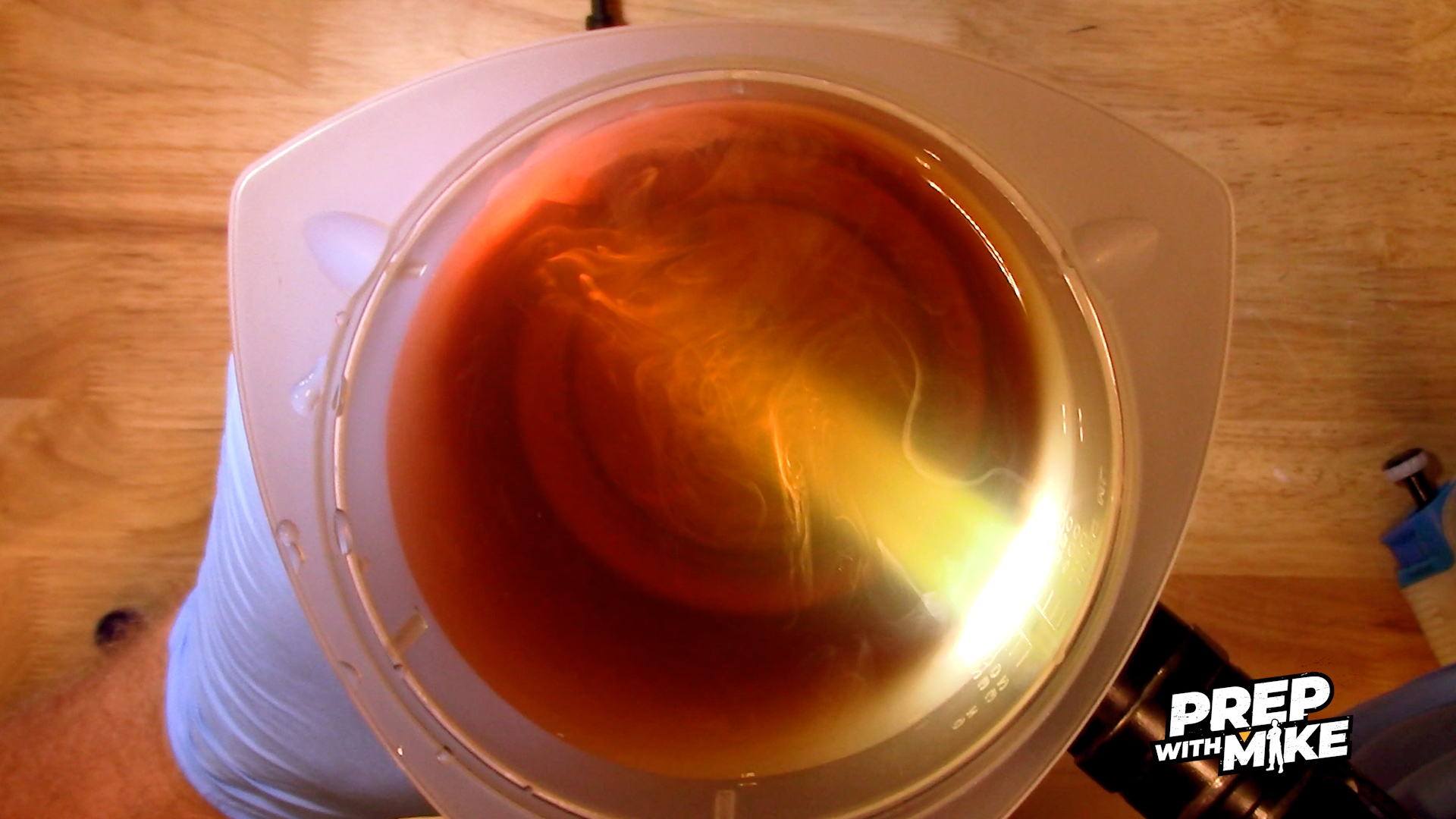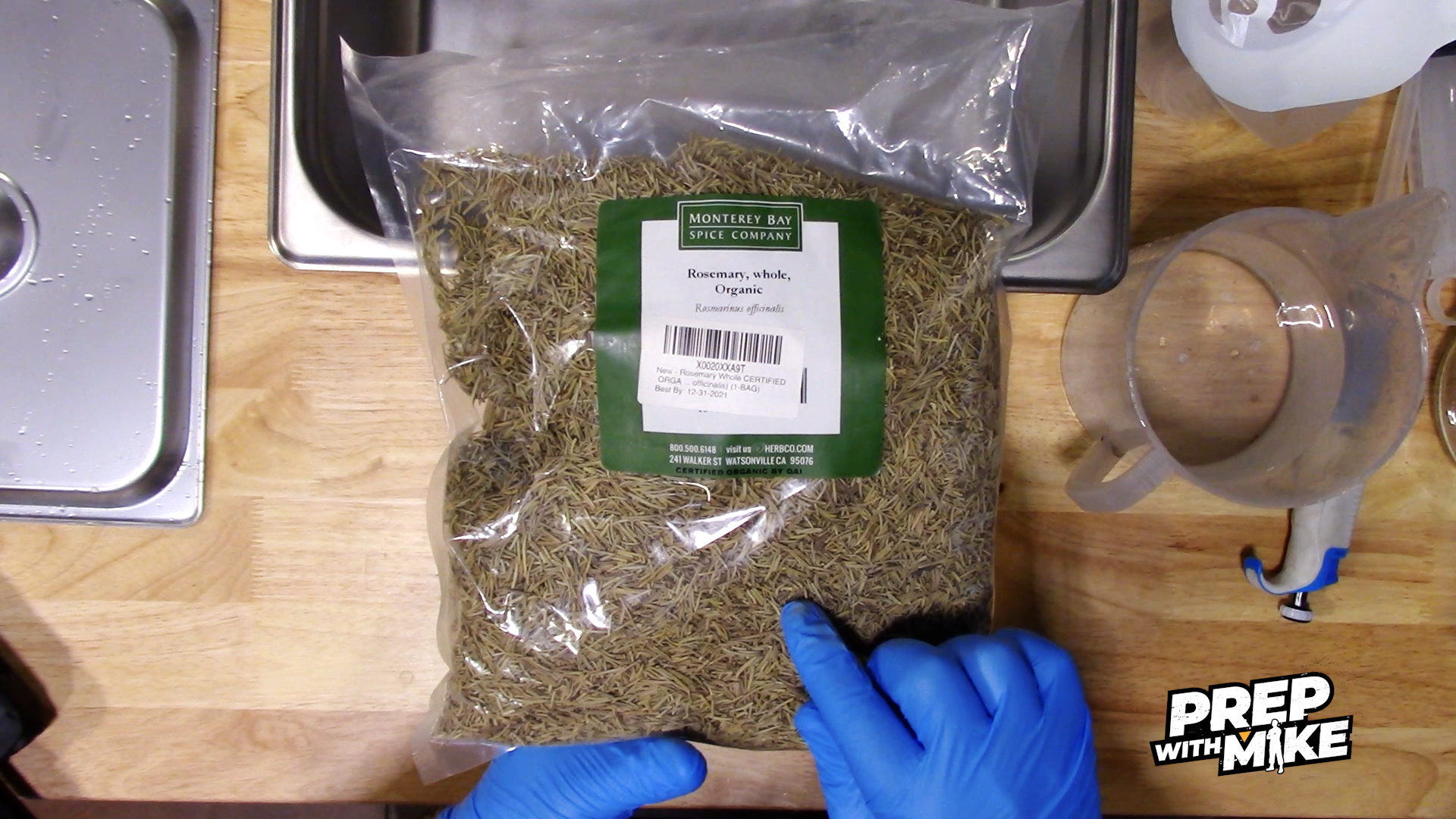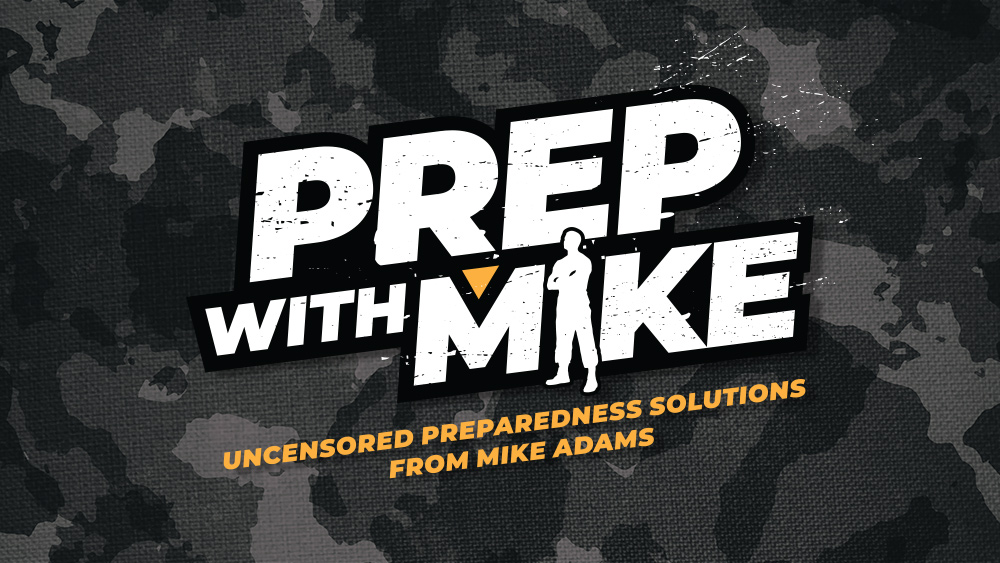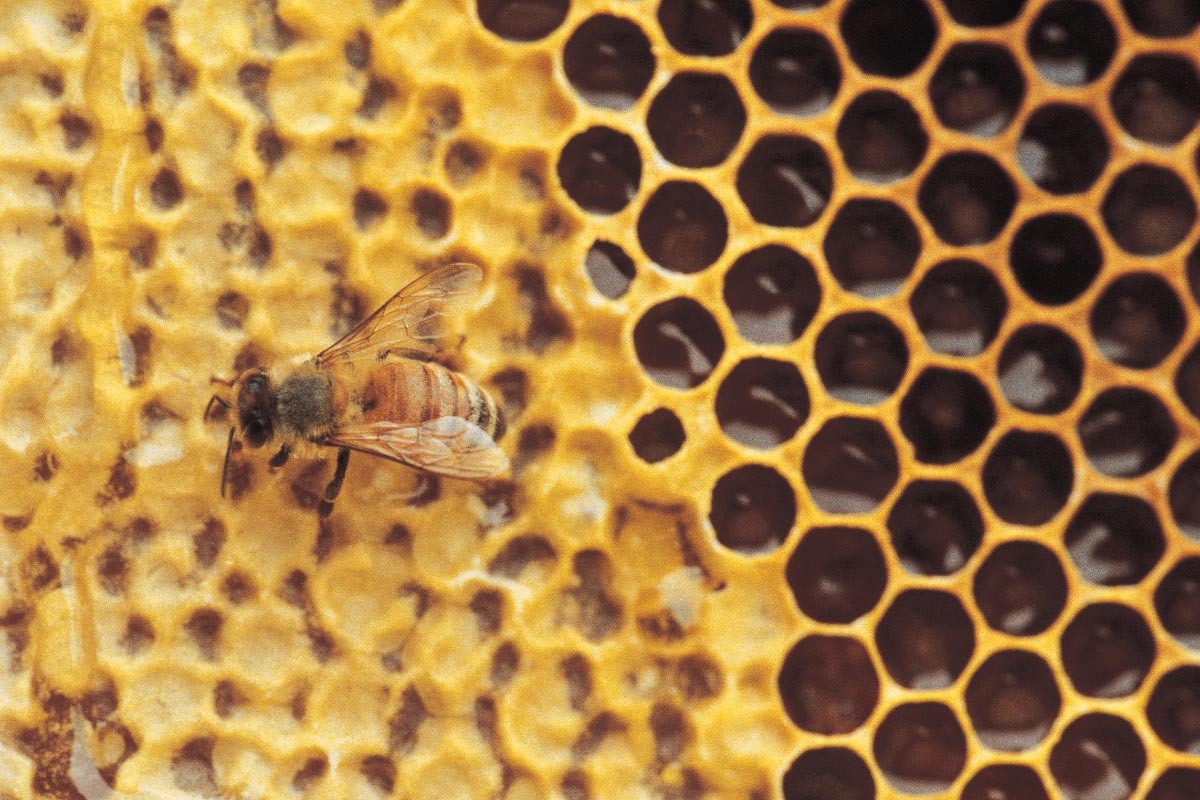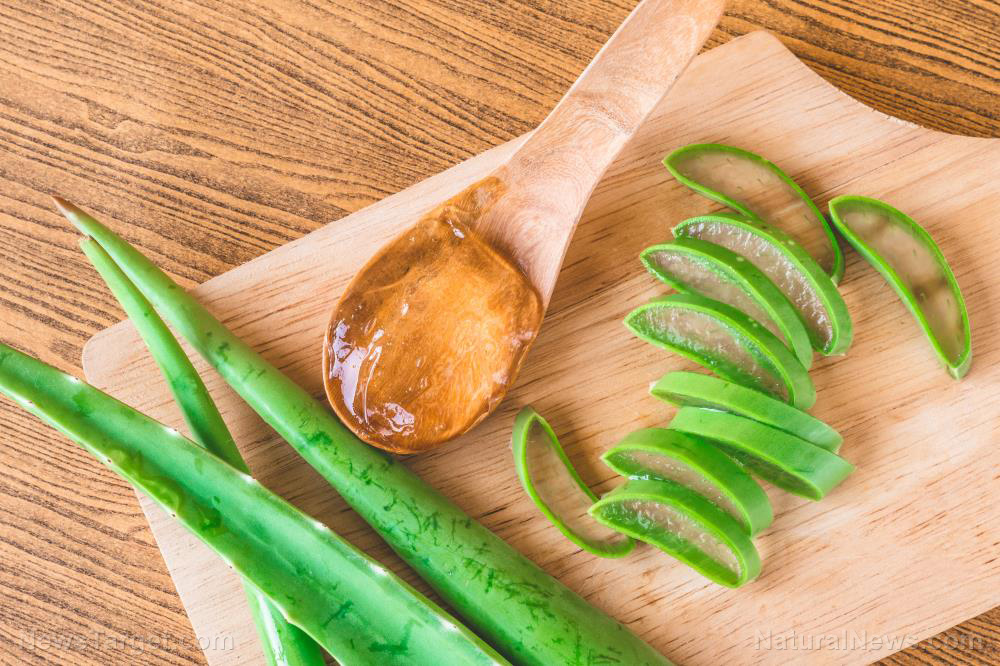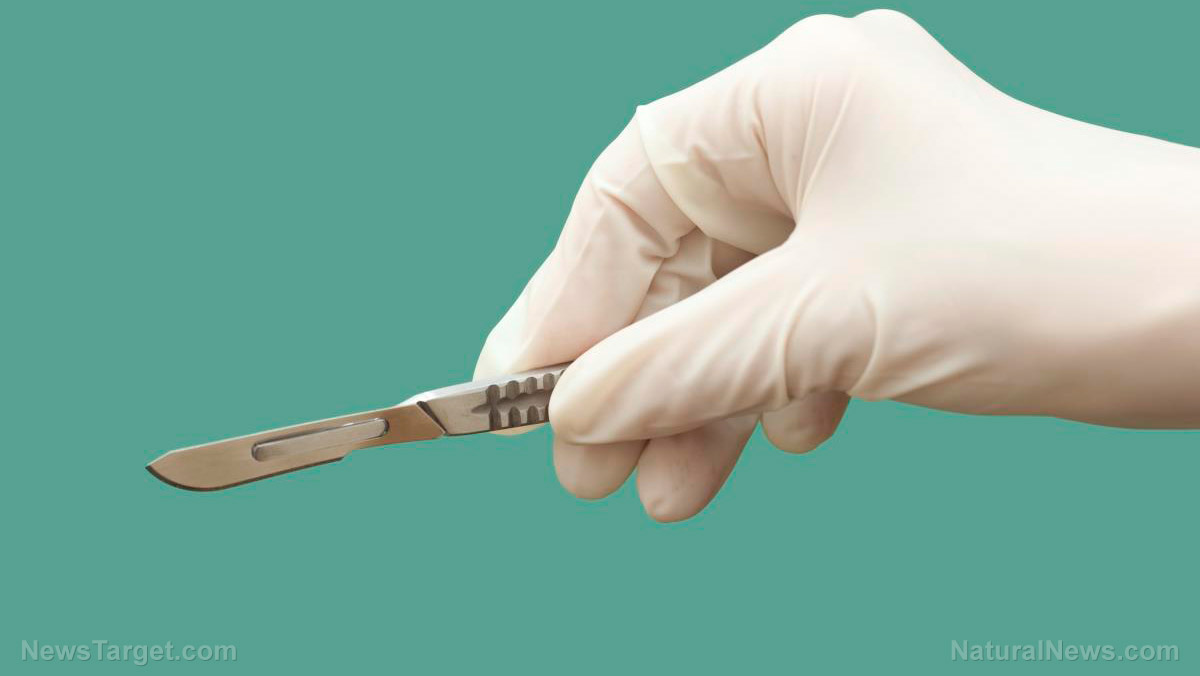Scalded by boiling water? Here are some treatments and home remedies that may help
10/27/2020 / By Zoey Sky

If a family member burns himself with boiling water, you need to know how to treat their injury to avoid serious complications like shock or infections.
Boiling water burns and how to prevent them
A boiling water burn or a scald is caused by direct contact with very hot water or steam. When your skin is scalded, you’ll feel immediate pain. Over one million patients seek emergency treatment for burns in the U.S. — and at least 10,000 people die from burn-related infections annually.
Boiling water burns can also be deliberate, like when you’re attacked, and someone pours or throws the water at you. These kinds of burns are dangerous because they may cover more of your body than burns you get from accidentally spilling boiling water.
Boiling water usually causes more serious burns than hot water.
Follow these tips to prevent boiling water burns:
- Warn children never to throw hot water at each other, even as a joke.
- Boil water and other liquids on burners toward the back of the stove. If the kettle, pot, or pan is knocked over, they’re less likely to splash or spill on someone.
- Always assume that kettles or pots are hot after being on the stove. Boiling water may take a long time to cool, and you can still burn yourself if it spills on you even if the stove is turned off.
- Turn down water heaters to avoid scalding yourself while taking a shower or bath.
- Put cold water into the tub first, then add the hot water. Use your elbow to test the water temperature before putting your baby or toddler in the bath.
- Don’t leave a child younger than five alone in the bath, even for several seconds.
Boiling water burn symptoms
After getting scalded with boiling water, you’ll feel a sudden, sharp pain. But if you or someone else suffers from third-degree burns or full-thickness burns, damage to the nerves under the skin can make you think that you’re not hurt at all.
First-degree burn
A first-degree burn or a superficial burn is a relatively minor injury that damages part of the epidermis or the first layer of your skin. This occurs when boiled water lightly splashes on you while cooking or when boiling water briefly touches your skin.
Symptoms include:
- Immediate pain, which may last for several hours
- Pink or red skin
- Peeling as the burn heals
- Dry-looking skin
Second-degree burn
A second-degree burn, or a partial-thickness burn, damages the epidermis and the dermis or the top of the second layer of skin. These burns are more serious, and they may occur if boiling water remains on the skin longer.
Symptoms include:
- Pain that lasts for days or weeks
- Wet and watery-looking skin
- Blisters
- Red, pink, or white skin under blisters
Second-degree burns may take two to three weeks to heal. In some cases, you may need a skin graft to treat this type of burn. Partial-thickness burns often leave scars that may fade after several years.
Third-degree burn
A third-degree burn or full-thickness burn is severe, and it penetrates all layers of your skin.
Full-thickness burns may cause serious infections. They can also be fatal if you don’t receive immediate medical treatment. Immersion in boiling water for a long time may cause a third-degree burn.
Symptoms include:
- No pain, or pain that immediately goes away
- Signs of illness, like fever and weakness
- Very damaged-looking skin
- White, pink, or red skin
- Grey or black areas of skin
Third-degree burns may require hospitalization and treatment may include skin grafting, surgery, or medication.
Treatment and remedies for boiling water burns
Applying immediate first aid may help reduce the risk of serious complications after getting a boiling water burn. (Related: Why first aid training is a must for all preppers.)
If you sustain a boiling water burn, follow the tips below.
- Remove the source of the burn immediately. If boiling water spilled on your clothing, remove it unless the clothing is stuck to the skin.
- Cool the skin by running cold water over your skin for at least 10 minutes.
- Don’t apply oils or any other products on the burn.
You may require emergency treatment if the burn:
- Is very painful
- Covers a large area of your body
- Causes no pain, but your skin looks very damaged
- Is severe
Get medical help immediately if a person:
- Received burns on their face
- Has other injuries that require treatment
- Is going into shock (Signs include cold and clammy skin, rapid and shallow breathing, sweating and weakness or dizziness.)
- Is pregnant
- If younger than five
- Is older than 60
- Has a medical condition, like heart, lung or liver disease, or diabetes
- Has a weakened immune system, such as AIDS or HIV, or because they’re undergoing chemotherapy for cancer
Consult a physician if signs of infection occur, such as fever, red streaks, or draining pus.
Follow the tips below to treat minor burns:
- Keep the burn moisturized with aloe vera or water-based lotions. Don’t use other home remedies like butter, cooking oil, or toothpaste.
- Clean the wound regularly. Wash it gently with mild soap and cool water.
- Don’t pick at the burn or pop blisters because this can damage the skin and cause infection.
- Cover the burn with a sterile bandage that doesn’t stick to the injured skin.
Recovering from boiling water burns
In most cases, first-degree burns will heal with the proper home treatment. Second-degree burns on large areas of the body and third-degree burns often require professional evaluation and treatment. The patient often needs weeks or months to recover.
Some complications of severe burns may include:
- Swelling
- Severe scarring
- Fluid loss, especially when a large area of the body is involved
- Infections that may travel to the bloodstream and become possibly fatal
Boiling water burns are common and applying emergency first aid immediately may help prevent serious complications and save someone’s life.
Sources include:
Tagged Under: boiling water, boiling water burn, emergency medicine, first aid, first-aid kit, home remedies, natural cures, natural healing, Natural Treatments, prevention, scald, scalding, tips
RECENT NEWS & ARTICLES
EmergencyMedicine.News is a fact-based public education website published by Emergency Medicine News Features, LLC.
All content copyright © 2018 by Emergency Medicine News Features, LLC.
Contact Us with Tips or Corrections
All trademarks, registered trademarks and servicemarks mentioned on this site are the property of their respective owners.




